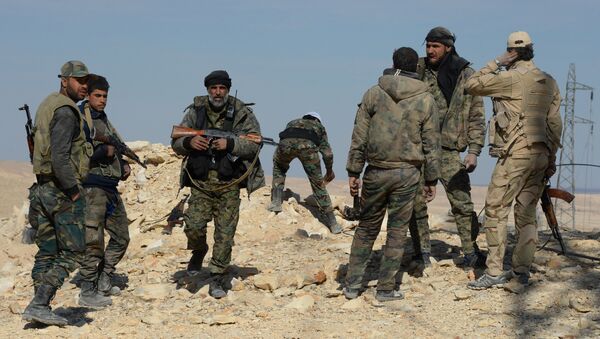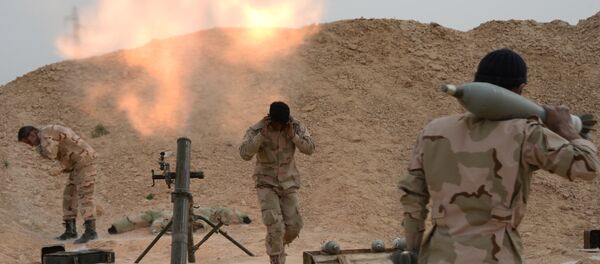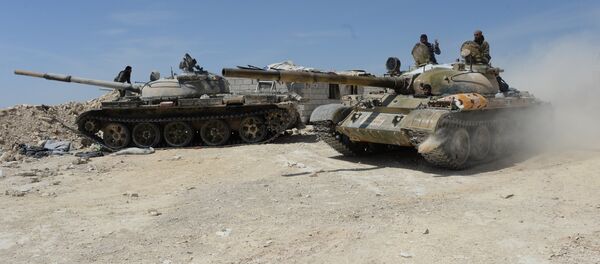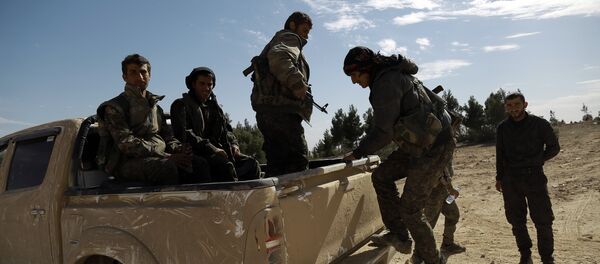Backed by the Russian Aerospace Forces, the Syrian Army has made significant advances towards the city of Raqqa, having killed scores of terrorists, Syrian Ambassador to Russia, Riyad Haddad recently said.
The ambassador said that the Syrian command cannot provide exact plans for further actions, but last week the Pentagon confirmed it detected movements of Syrian troops toward Raqqa.
Raqqa is a large city with a population of 200,000 people which makes any attempts of an assault very difficult. In addition, Daesh militants have seriously strengthened their positions across the city.
Another problem is the lack of troops with the army and popular forces. Currently, the most capable army and popular forces units are deployed to Raqqa, including a tank brigade and the Desert Eagles special operations brigade. However, it is difficult to assess their number as well as their combat capabilities.
Previously, the Syrian Army has made attempts to advance along the Itria-Tabaqah highway but sustained heavy losses.
The efficiency of Russian airstrikes during the advance on Raqqa is lower than during the active phase of the Russian campaign because aircraft now operate at the maximum of their combat range.
The army is also unlikely to take control over the local military airfield. But even if the airfield is recaptured Daesh militants would still be able to shell it.
As for Daesh, the terrorists deployed the bulk of their forces from Raqqa to Iraq, in Ramadi and Fallujah. Daesh left only a small garrison in the city but it would be sufficient to repel an assault.
At the same time, the situation around Aleppo is still difficult. Recent advances by the Syrian Army stalled and the most capable units were redeployed to Raqqa.
Meanwhile, the offensive on Latakia has stopped. Stability and normalization of the situation are only visible in central, western and southern parts of Syria, where the ceasefire is observed.
Finally, another problem is that fighters of the so-called moderate opposition are often mixed up with jihadists from al-Nusra Front. Washington has repeatedly called for moderate rebels to separate from terrorists but the situation has not improved. Recently, a shipment of American weapons designated for moderate groups once again fell in the hands of al-Nusra Front.
The offensive on Raqqa is undoubtedly important in terms of ideology and propaganda but it will require time and resources. In addition, there are a number of other locations on other fronts when the situation may deteriorate at any moment.





